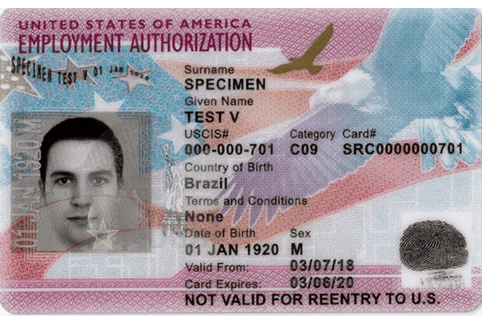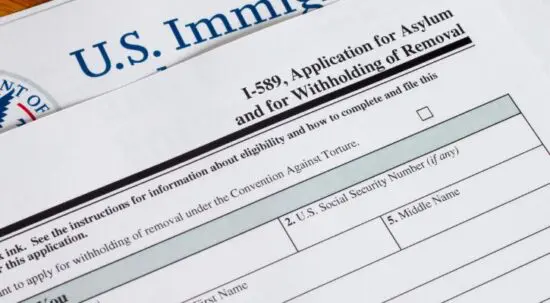TPS Ethiopia changes
On January 30, 2026, a court temporarily paused the termination of TPS Ethiopia. This means the case will continue to be reviewed in court.
Due to the pause, as of this date:
- People from Ethiopia with TPS still have this protection.
- Work permits through TPS are still valid.
Court cases on immigration policies can change the rules and be confusing. Read our guide on how court decisions work.
The decision to end TPS for Ethiopia is still being challenged in court. The case is not finished yet. We do not know what will happen next. Learn how court decisions work.
Work permits
If your TPS work permit (EAD) was set to expire on June 12, 2024, or December 12, 2025, it should automatically extend through February 13, 2026. It remains valid while the court case is being reviewed. You can keep using it as proof that you are allowed to work until that date.

Learn how to find free or low-cost help from trusted immigration lawyers and legal representatives.
What happens when TPS expires?
If you do not have another legal immigration status besides TPS, you will become undocumented and lose your work authorization. If you stay without legal status, you will risk being detained and deported.
How to prepare
- African Communities Together offers legal help to Ethiopians in the U.S.
- Talk to an immigration lawyer. It is important to seek legal help and learn about your options for staying in the U.S.
- Apply for another immigration status if you qualify. Review if you are eligible for asylum, lawful permanent status (Green Card), or other U.S. visas.
- Be prepared for ICE. Know what to do if you are undocumented and agents come to your home or work. Know your rights and how to create a safety plan.
- Stay informed. Learn more about immigration changes under the new administration.
More from USAHello
Looking for specific information?
The information on this page comes from DHS, USCIS, and other trusted sources. We aim to offer easy to understand information that is updated regularly. This information is not legal advice.





